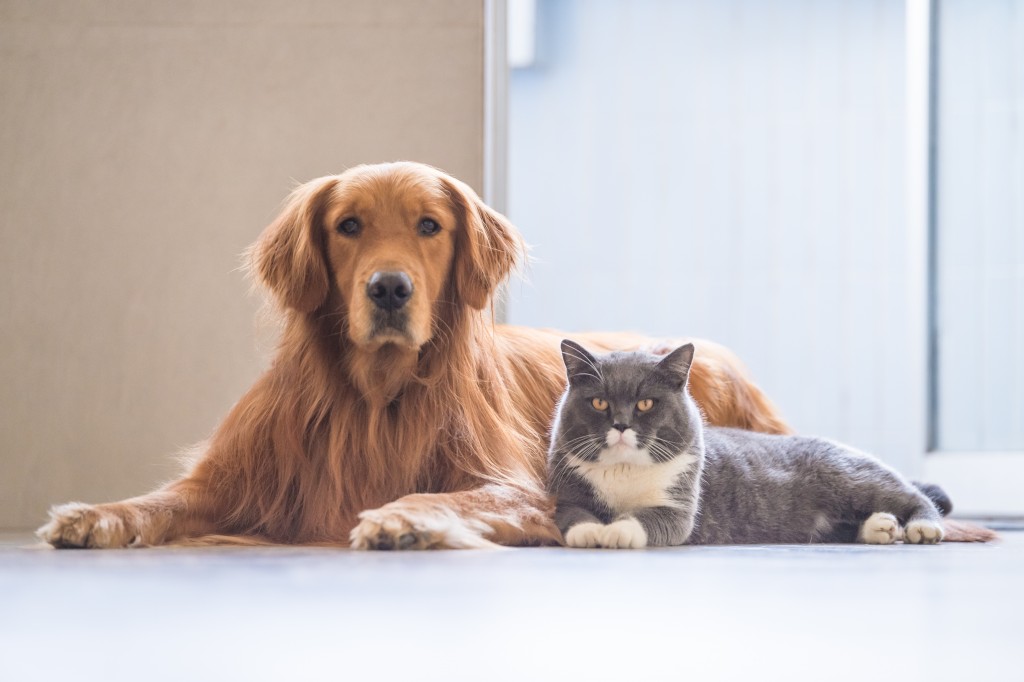Moving is already a harrowing process. Add having pets with you to that and you have in your hands one of the most complicated steps to settling down to a new neighborhood. Moving to a new home is as stressful to your dog as it is to you and the rest of the family. So, aside from unpacking the boxes and opening a new bank account, you also have to worry about your furry friend.
Remember that dogs are all about familiarity. When you uproot them from the neighborhood where they spent most of their lives, then you’re putting them in an environment that is completely strange and alien to them. This might cause them to get stressed, anxious, and depressed. It is important to take notice of the signs that your dog is having a hard time adjusting to this new life.
Make Sure Your Dog Is Physically and Mentally Okay
Your dog has just been on a long drive or plane ride. Whether your dogs rode with you on a road trip or you hired a professional dog transportation service, there’s a good chance that they were stressed all throughout the trip. The first thing you need to do once you’ve at least slept a whole eight hours is to go to the nearest veterinarian. You need to have a routine check-up for your dogs to make sure that they’re physically and mentally healthy.
Maintain a Routine
It is extra hard to establish a routine when you’ve just uprooted your whole life. However, this is necessary for your dog. Routines are the only way for dogs to make sense of their days. Make sure that you follow the same schedule—meal number one in the morning, a short walk around the neighborhood, some playtime with you and the kids, and then meal number two around dinner time. You must assure your dog that although the environment changed, the schedule remains the same.
Create an Active Lifestyle
If you’re going out for a run, take your dogs with you. Remember what they said: tired dogs are happy and healthy dogs. They are made for an active lifestyle. There are very rare breeds who only like to stay at home. Exercising is critical to keep dogs healthy and keep anxiety at bay. You have to make an effort to play fetch with them or take them out for another walk in the afternoon.
Pack Your Pet Bag
It will take a while for you to unpack all the boxes and have the house in order. Make sure you have a pet essential bag with you. This way, you can have everything you need in just one bag. You won’t have to scrummage through boxes to find their water bowl or their treats. You will be glad to pack an essential bag for your dogs once you’re home and they want their toys.
Set Up Space for Your Dog Immediately
You have to set up space for your dogs even before you let your kids fight over the bedrooms. Choose a corner where your dogs will most likely want to stay all-day-long. Make sure to set up their bed, sheets, toys, water bowl, and food bowl there. This way, your dogs will know this is a new home (whether permanent or temporary, that is up to you). Even if they usually sleep with you in the bedroom, set up a corner for them in the kitchen or living room.

Spend Quality Time Together
It can be hard to divide your time between your work, family, household, and pets. However, your dogs need to feel a sense of normalcy. They do not adjust on their own. You have to help them through it. Give them lots of attention especially during the first few days of the move. Steal a quiet time with them and nothing else. This tells your dogs that although things have changed, they are still your priority.
Be Patient
It will take time for them to adjust to this new environment. Be very patient with them. Don’t snap at them when they are being anxious. Stop yourself from ignoring their pleas when they bark. There’s a reason why they could be acting out. Dogs are usually obedient and friendly. If they suddenly have a different attitude, ask yourself what you are missing.
In a few weeks, you will notice your dogs slowly adjusting to the new environment. They may even make new friends much faster than you do. So, while they’re in their adjustment phase, be the pet parent they need you to be and guide them through this transition.




